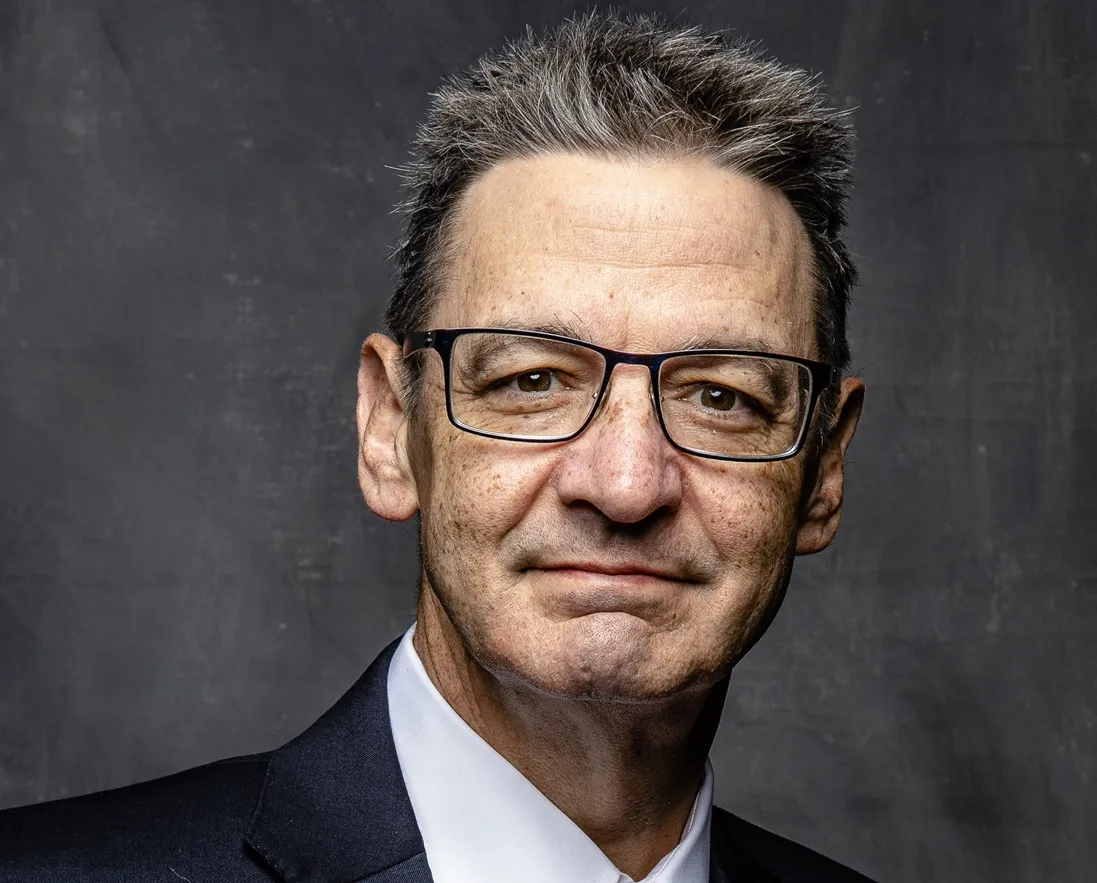"By the end of the decade there will be 20 billion devices connected to the internet and everybody is fighting for spectrum. So it is right that Congress looks for underutilised areas of spectrum - but this needs to be done in an orderly and transparent fashion,” Marsha Blackburn (R), Representative for Tennessee’s 7th Congressional District told a breakfast meeting at ITS America.
April 23, 2013
Read time: 2 mins

“By the end of the decade there will be 20 billion devices connected to the internet and everybody is fighting for spectrum. So it is right that Congress looks for underutilised areas of spectrum - but this needs to be done in an orderly and transparent fashion,” Marsha Blackburn (R), Representative for Tennessee’s 7th Congressional District told a breakfast meeting at 560 ITS America.
While acknowledging the ITS industry’s concern over the potential of other users disrupting safety-critical communications on the 5.9GHz band, Congresswoman Blackburn cited concerts where interference or delays to the signals from wireless microphones cannot be tolerated. Areas such as remote medical diagnosis and monitoring have a justifiable claim to have access to spectrum, she added.
As the final decision will be taken after the consultation period ends, she urged ITS professionals to follow the links to the recordings of the Congressional sessions. “If you hear something you feel is not properly explained, send me an email and we will enter your comments onto the record. You look at the record when you are writing the rules.” To a delegate voicing concern about the potential loss of exclusive use of the 5.9GHz spectrum, Congresswoman Blackburn replied: “You may find that the answer is what part of that 5.9 spectrum you will be travelling on.”
While acknowledging the ITS industry’s concern over the potential of other users disrupting safety-critical communications on the 5.9GHz band, Congresswoman Blackburn cited concerts where interference or delays to the signals from wireless microphones cannot be tolerated. Areas such as remote medical diagnosis and monitoring have a justifiable claim to have access to spectrum, she added.
As the final decision will be taken after the consultation period ends, she urged ITS professionals to follow the links to the recordings of the Congressional sessions. “If you hear something you feel is not properly explained, send me an email and we will enter your comments onto the record. You look at the record when you are writing the rules.” To a delegate voicing concern about the potential loss of exclusive use of the 5.9GHz spectrum, Congresswoman Blackburn replied: “You may find that the answer is what part of that 5.9 spectrum you will be travelling on.”









